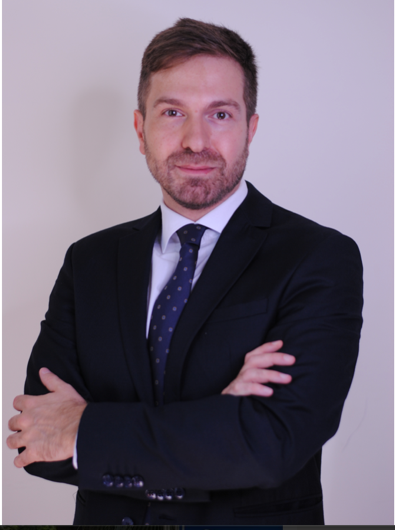The India-Middle East-Europe Economic Corridor (IMEC) is an important initiative aimed at creating strategic economic and trade links between West and East. This project Launched in September 2023 with the signing of a Memorandum of Understanding in New Delhi, is expected to offer great opportunities to increase stability in the Indo-Pacific region and improve trade and economic relations.
To discuss the global implications of IMEC, the Ankara Center for Crisis and Policy Studies (ANKASAM) presents the views of Tiziano Marino, head of the Asia-Pacific department of the Centro Studi Internazionali (CeSI) think tank in Rome.
1.What is the India-Middle East-Europe Economic Corridor (IMEC) and for what purpose was it established?
On the sidelines of the G20 summit in New Delhi on September 9and 10, 2023, the heads of state and government of the United States of America (USA), India, Saudi Arabia, the United Arab Emirates (UAE), the European Union (EU), France, Germany and Italy signed a Memorandum of intent to create an economic and trade corridor between the Indo-Pacific and Europe through the Middle East.
The project aims to facilitate the transit of goods and services between India, the Gulf region and Europe, possibly integrating existing sea and road transportation routes. The project will be divided into two parts: the ‘Eastern Corridor’, connecting India with the Arabian Gulf, and the ‘Northern Corridor’, connecting the Arabian Gulf with Europe.
“The so-called ‘IMEC’ project is expected to focus on rail links, shipping lines, high-speed data cables and energy pipelines. From a European perspective, IMEC will also complement the so-called ‘Global Gateway’ project, facilitating the achievement of some of the goals that the EU has set for the region, such as connectivity, sustainable and inclusive prosperity.
2. Considering the participation of various countries, how will IMEC contribute to stability and cooperation in the Indo-Pacific region?
If the project is implemented, IMEC could strengthen the relations between India and the Gulf, and between India and Europe, and bring India even closer to the Indo-Pacific region. The EU, which does not have a security-based approach to the region, has the potential to be an important player in efforts to reduce the existing tensions between the US and China in this context.
Additionally, IMEC’s economic and infrastructure projects aim to create wealth for the populations of the involved states, which is one of the key elements of stability. However, it should not be forgotten that in the region, at least since 2013, China’s Belt and Road Initiative has also been under development, and IMEC aims to counter this. Therefore, paradoxically, the proliferation of competing infrastructure projects could, in the long run, promote divisions rather than cooperation among regional actors.
3- What opportunities do you think IMEC offers to improve trade and economic relations between participating countries?
The project undoubtedly has tremendous potential. For instance, from a trade perspective, IMEC could increase the total trade volume between the EU and India, which was only 88 billion euros in 2021. Additionally, the project will bring together countries that can offer technology, like the USA and EU, capital, and production capacity, like the Gulf countries, along with a vast market such as India. These mergers could also potentially make the corridor extremely profitable for participants, including states along the route like Greece and possibly Jordan or Israel.
However, the feasibility of the project is still unclear. Many of the involved countries lack sufficient railway connections, and it is not yet clear what the real scope for expanding trade among the partners is. Additionally, the role of IMEC in cooperation on submarine communication cables and energy matters is also uncertain. Therefore, at present, potentialities and critical issues coexist, and if the states that have signed the Memorandum want the project to yield the desired results, both aspects need to be addressed.
Tiziano Marino

Tiziano Marino serves as the Head of the Asia-Pacific Unit at the Centro Studi Internazionali (CeSI), an independent think tank in Rome. His primary research areas are international security and geoeconomics. Tiziano, who has published numerous articles on the Asia-Pacific region, as well as two books, has also taught extensive courses on the economic and security dynamics of Southeast Asia and Central Asia. In 2021, he served as the liaison officer for the Italian Government in the G20 delegation of Indonesia in Italy.
